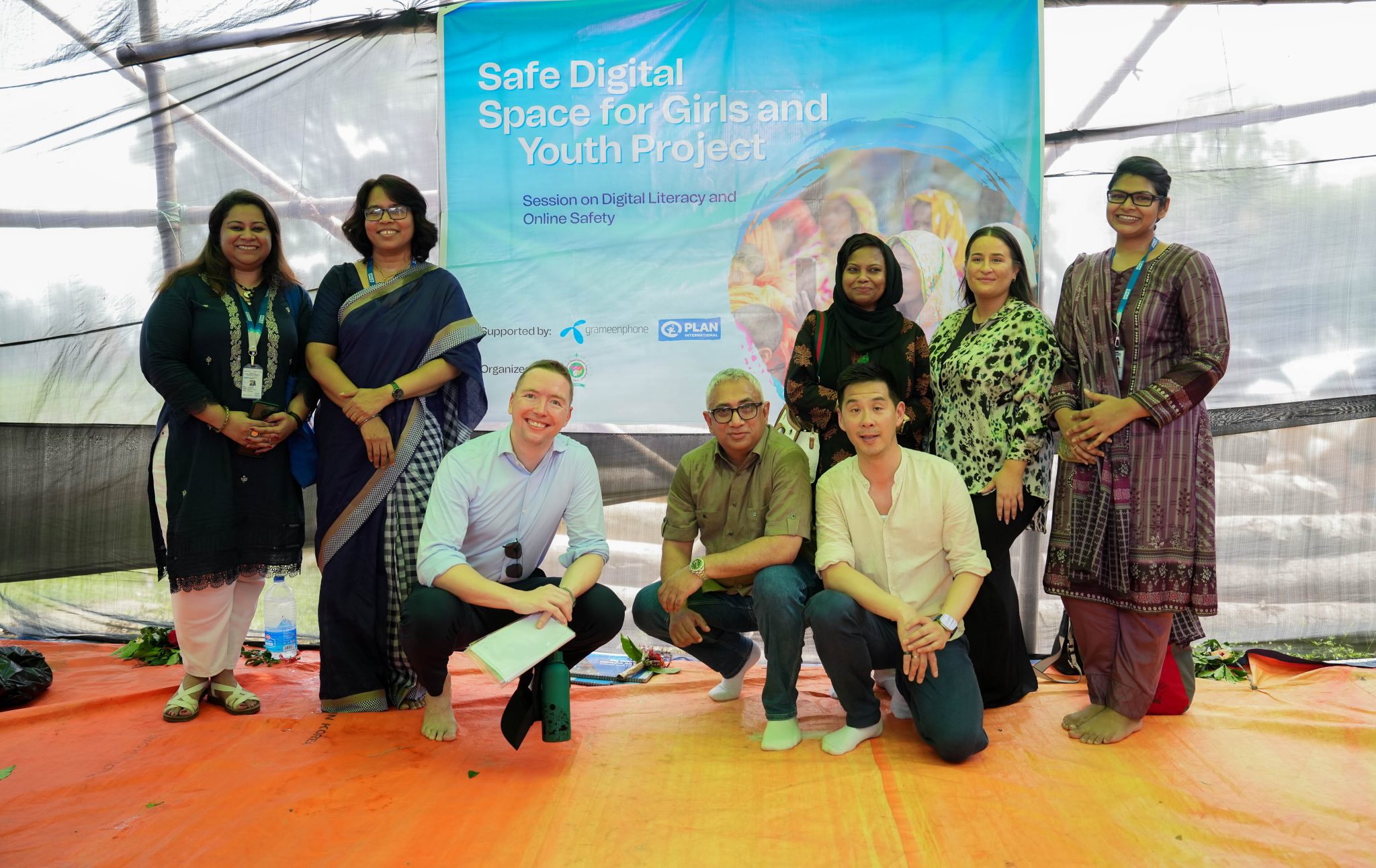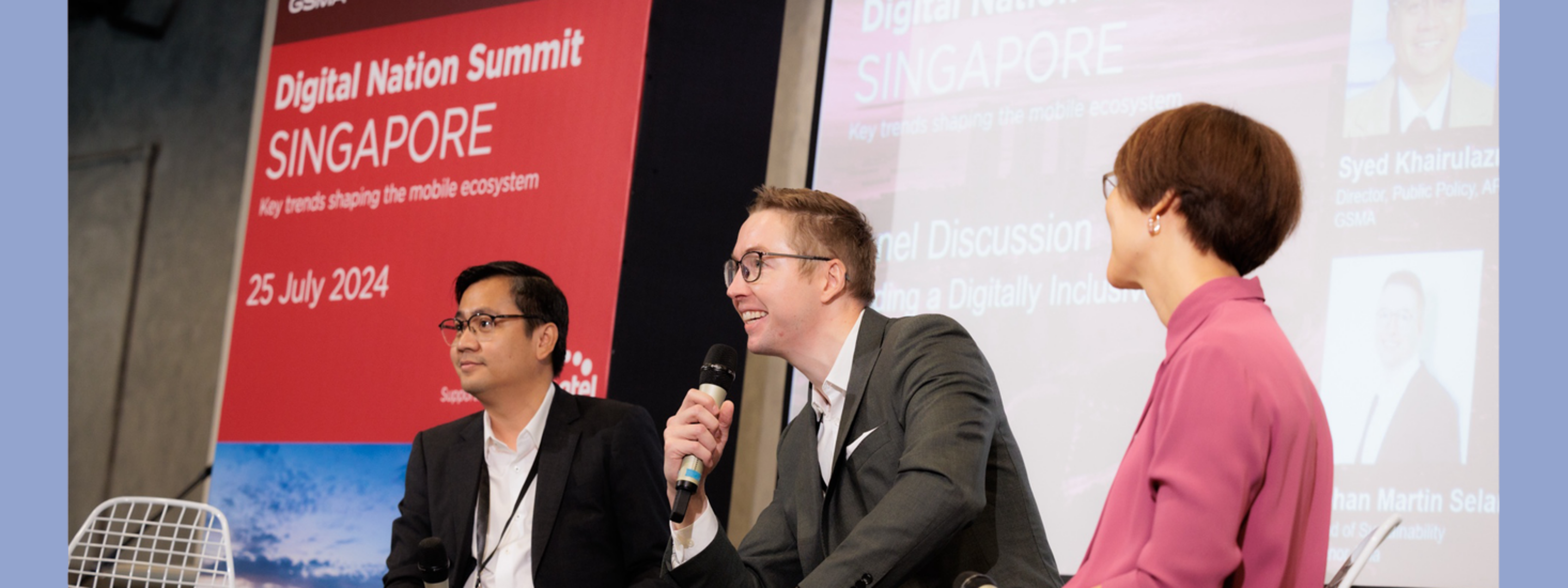Telenor Asia: Forward Progress (Thai-Norwegian Chamber of Commerce)
Telenor Asia: Forward Progress
View original article on Thai-Norwegian Chamber of Commerce (TNCC)’s website

As Telenor celebrates its 25th anniversary in Thailand, its commitment to sustainable business is stronger than ever. The Norwegian telecom company believes responsible business is good business and follows the same high standards wherever it operates.
Following the two largest telecom mergers in Asia, Telenor finds itself in a new and interesting position: working with partners, external stakeholders, and local governments to ensure sustainability, and supporting national digital agendas by nurturing local talent and building critical infrastructure.
From its regional headquarters in Singapore, Telenor Asia is tackling regional challenges related to climate actions, human rights, and social impact. With connectivity being the backbone of modern society, bridging the digital divide is paramount to ensure that all are included in a digital society and benefit from digital services.
“Partnerships are essential to how we approach sustainability, and we are pleased to see how True Corporation and CelcomDigi have set ambitious targets and are executing impactful programmes and initiatives,” Mr Johan Martin Seland, Head of Sustainability at Telenor Asia reports.
The challenges Telenor seeks to tackle are substantial. As such, one company or organisation is unlikely to find a solution on its own. Mr Seland cites climate change as an example of this. By finding partners with a similar outlook, scale can be built to better address challenges such as this.
“Sustainability partnerships bring shared competence to the table and allow us to scale solutions faster and better. What makes partnerships exciting is that, in some cases. you may not even realise the full potential of what can be accomplished,” Mr Seland states. “For example, when we began exploring a sustainability partnership with Cisco, the level of energy and excitement across the room was amazing. We quickly realised that we shared the same outlook and that by joining forces, our combined efforts could bring about real change and value.”
Creating connections
Telenor Asia’s goal is to help people build better digital lives. The company first entered Asia in 1997 with a belief that everyone would benefit from being connected. With a mass market approach, Telenor has successfully built market leading operations in large Asian markets providing connectivity and digital services to 200 million customers in the region.
“Today, every person in Thailand has access to a mobile phone. It would be easy to assume the job is done. In reality, ensuring digital inclusion is a continuous effort and bridging the digital divide has never been more important”, Mr Seland says. “We are entering a new era, where essential services are going digital. This means that people need to build skills and competence to safely access online marketplaces, government services, and financial products.”
Telenor’s work in this area is diverse. It has partnerships with organisations like UNICEF and Plan International to develop extensive programs focused on training marginalised communities on how to use a phone and stay safe online.

“We also work with universities to train students in digital technologies like artificial intelligence (AI) and the Internet of Things (IOT). That is quite the spectrum,” Mr Seland notes. “But the long-term approach on scale and solid partners is paying off. Last year alone, we trained eight million people in Asia in basic digital skills.”
In search of renewable energy
A cross-industry challenge in the region is reducing emissions. The telecom industry depends on energy and fuel to keep the generators supporting networks operational. The growing global demand for data centres will also increase the industry’s power consumption. Telenor has set ambitious targets of reducing emissions by 50 percent by 2030, versus a 2019 baseline.
“To achieve this, we must procure large amounts of renewable energy. Unfortunately, our preferred method of emission reduction, corporate power purchasing agreements, are not available in our Asian markets,” Mr Seland explains. “We therefore continue to advocate for regulatory change, which we believe will facilitate investments in renewables and unleash the green energy demand that exist in the private sector.”
The telecom industry is also enabling its customers to reduce emissions through connectivitsy services. In this area, Mr Seland engages with the business and sustainability team at True to help Thai businesses reduce emissions.
“If we are to tackle the challenge of climate change, we will need to think differently about key components of our society – from how we design our cities to our transportation networks. The telecommunication sector is uniquely placed to help facilitate that shift through connectivity and smart devices,” he explains.

